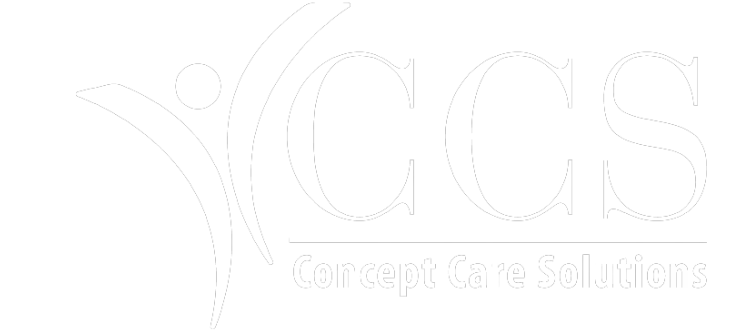As the weather gets colder over the next few weeks and months, it’s essential that you keep your homes nice and snug so you can reduce the risks of illness at this time of year, especially if you are living with heart and lung conditions, which can be exacerbated by the cold.
It can be tempting not to put the heating on, however, because of the associated costs involved, but it’s vital that you don’t compromise your health for the sake of your purse, as this could mean the very real difference between life and death.
To help you meet the costs of heating your home at this time of year, the government set up the winter fuel payment scheme, which is available to those born before September 23rd 1958, with either £200 or £300 available in grants to help you pay your bills.
In order to be eligible for the scheme, you must live in either England, Wales or Northern Ireland and be in receipt of benefits such as pension credit, universal credit, income support, income-based jobseeker’s allowance, income-related employment and support allowance, child tax credit or working tax credit.
It is also possible to get the winter fuel payment if you receive certain benefits, are eligible and if you’ve lived in a care home for fewer than 13 weeks, including between 16th-22nd September 2024.
Scam messages
Something to be particularly mindful of at this time of year is the increased activity on the part of scammers, who are currently trying to trick people into providing them with their bank details by playing on their worries about the winter fuel payment.
Text messages and emails are both being sent out as phishing messages, making it look as though they’re being sent by the government and other official sources, with a link included asking you to read further information and update your details.
However, when you click the link provided, it doesn’t take you to the government website and has nothing to do with the winter fuel payments scheme. By clicking on unknown links, you put your sensitive and personal information at risk.
It used to be a lot easier to identify scam texts and emails, as they often contained poor grammar and spelling, or came from a strange email address. But, unfortunately, scammers and hackers are becoming increasingly sophisticated in their approach and it can be very difficult to tell if something is legitimate.
QR codes, for example, are now increasingly being used within these emails and texts to trick you into visiting scam websites and inputting your personal data.
Always make sure that you never click a link that’s contained within an unsolicited and unexpected message. Before doing anything, go online and do a search to see if there are any scams doing the rounds and never act without thinking or doing due diligence first.
You can also ask your private nurse or a friend or relative to help you if you’re unsure about a message you’ve received. You may feel a little silly asking for help but it’s always best to err on the side of caution.





